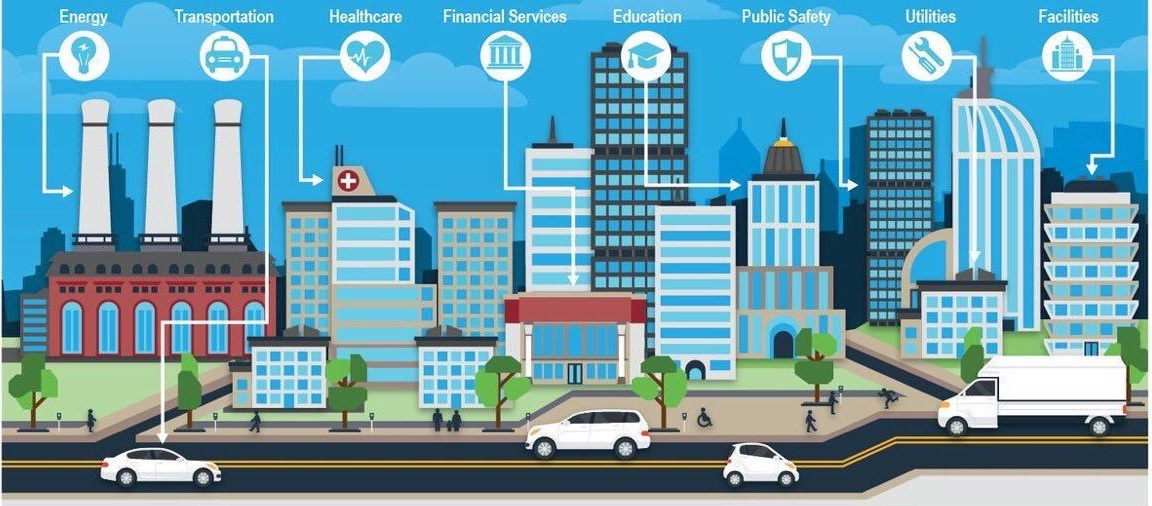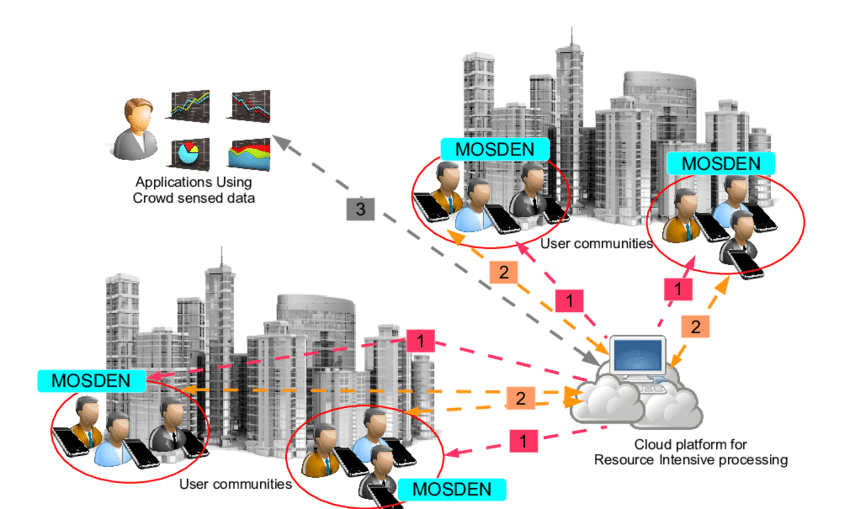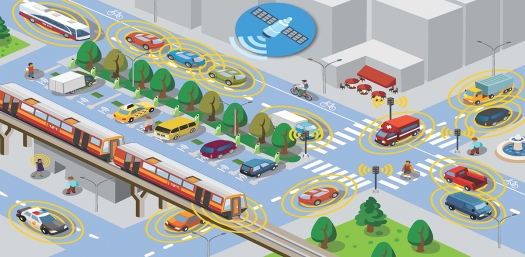Data Driven Approach to Security Frameworks for Smart Energy and Transportation Applications in Smart Connected Communities

The novelty of the project lies in its integrated data driven approach to handling security and trustworthiness in SCC applications. Specifically, we develop innovative privacy-preserving and minimally non-intrusive-by-design, algorithms and models for anomaly detection, trust and reputation scoring models for application providers to counter data integrity breaches and provide information assurance. Towards that goal, we study trade-offs between security, privacy, trust levels, resources, and performance using two exemplar applications in smart mobility and smart energy exchange. Finally, design secure decision-making schemes. The project has access to smart meter data from Texas, California, and Ireland and a large volume of automobile data from Japan. The project is supported by National Science Foundation.
Related Publication
Secure and Trustworthy Mobile Crowdsensing Applications

A major challenge in mobile crowdsensing applications is the generation of false (or spam) contributions resulting from selfish and malicious behaviors of users, or wrong perception of an event. Such false contributions induce loss of revenue owing to undue incentivization, and also affect the operational reliability of the applications. This project dedicates blends various model building that is augmented with data driven approaches for designing trustworthy scoring frameworks that can identify honest, selfish and malicious users in MCS applications. Such classification drives incentives and economic models to judiciously disburse user incentives with a goal to reduce the economic losses of the MCS application provider. Finally, decision making schemes are develop to identify true or spam events in real time rather than in retrospect. Proof of concept exemplar applications include Vehicular Crowdsensing (Waze) or Crowd Sourced Review Forum (Yelp).
Related Publication
Design of Sustainable and Energy Efficient Smart Connected Communities

Smart and connected communities (SCCs) are emerging as a novel paradigm that allows the communities to be pervasively connected with surrounding environments and service providers, and therefore require massive deployment and operation of digital infrastructure which exacerbates the already worsening carbon footprint. This creates an important logical fallacy since the idea of SCCs is to improving societal well-being and prosperity. This generates a need for designing green communication systems that are also capable of providing high quality of service (QoS) to distribute and collect information to and from SCCs. However, simultaneously satisfying both of these criteria is difficult due to varying demands posed by heterogeneous sensing modalities, lack of dedicated infrastructure in rural/sub-urban areas, and the sustainability constraints. While low-power short-range technologies often fail to achieve high QoS, using 3G or 4G technologies (LTE, LTEA, GSM) for SCCs will eventually face spectrum scarcity and cross technology interference. In recent times, Dynamic spectrum access (DSA) has been proposed as a solution to overcome policy constraints and improve spectrum scarcity by spectrum sharing. In this project, we show that Dynamic Spectrum Access and Spectrum sharing can be a paradigm that can be used to build green connectivity with low carbon footprint. Specifically, we propose novel communication architectures as well as spectrum sharing and routing algorithms that minimize operational energy consumption, as well as require infrastructure that has a low carbon print, all this while offering acceptable quality of service guarantees.